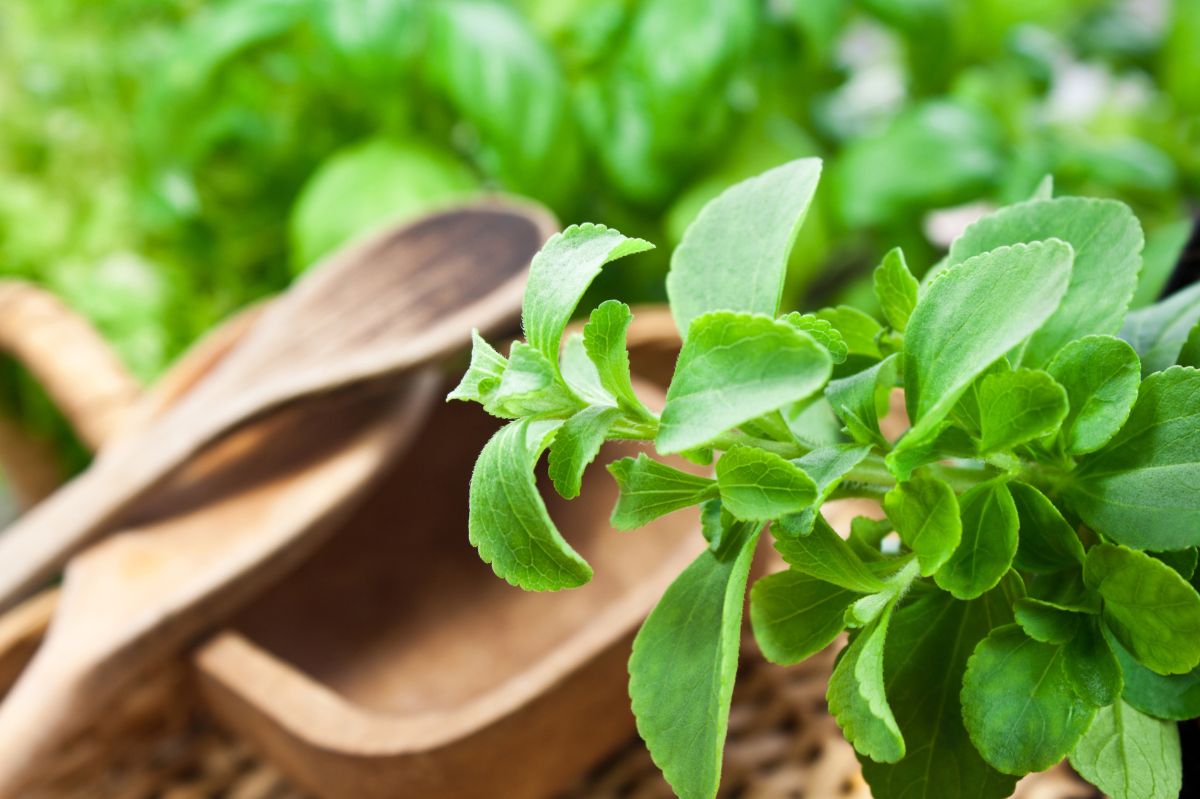Can stevia be used as a treatment for acne and various skin disorders?
In addition to being a well-known natural sweetener, stevia is traditionally used for skin care and beauty and to treat skin conditions, including acne. Let’s find out if stevia really helps fight acne.
Cosmetic properties of stevia
Stevia ( Stevia rebaudiana ) is a shrubby herbaceous plant native to Brazil and Paraguay and belonging to the Compositae family. The whole stevia plant, especially the leaves, is characterized by a sweet taste due to the presence of two glycosides of the steviol terpene.
Thanks to the sweetening power of stevia, this plant and its extracts are used to replace sugar, fructose, aspartame, and saccharin as a non-calorie sweetener.
In addition to the sweetening power, some studies have highlighted the antioxidant action of stevia given by the presence of phenols and flavonoids, as well as the antibacterial and antifungal properties due to the presence of a flavonoid glucoside.
Stevia extracts have been shown to have activity against free radicals: potentially, these extracts could be a useful natural source of antioxidants that can be used in cosmetics to formulate beauty products designed to counteract the signs of aging.
The antibacterial action of stevia is instead at the basis of the traditional use of this plant for oral hygiene: the studies on stevia have made it possible to identify the molecule responsible for this activity, the Ombuoside, and have shown a moderate action against some bacteria and fungi including staphylococci, lactobacilli and Candida albicans.
Stevia against acne: does it really work?
Traditionally, stevia extracts are used to treat various ailments, including cutaneous ones. For example, stevia is used to speed up the healing of the skin in case of wounds and is considered an effective natural remedy against acne and seborrheic dermatitis; it is also used to make the skin softer and smoother.
The cosmetic use of stevia could help improve the appearance of the skin because, as we have seen, this plant is rich in molecules that counteract the action of free radicals, protecting skin tissues from aging and cell damage.
The antibacterial properties of stevia could also be beneficial in case of acne; at the moment, however, there is no scientific evidence that attributes stevia to a therapeutic activity against acne.
Furthermore, it should be emphasized that acne is a multifactorial disease and not a simple imperfection: acne must therefore be treated under the supervision of a dermatologist, and the application of a cosmetic alone is not sufficient to solve the problem.
Also Read : Screen Fatigue: Let’s Protect Ourselves From Technology

